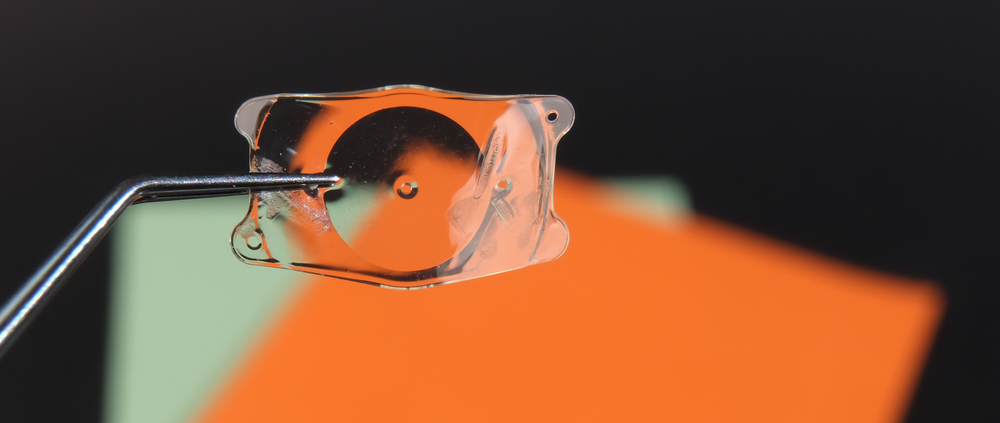Are Implantable Collamer Lenses Made From Porcine Derived Collagen Permissible To Use?
Answered by Shaykh Abdul-Rahim Reasat
Question
Implantable Collamer Lenses (ICLs) have allowed many people worldwide to correct their vision when other means have failed or are inappropriate: for instance, if glasses are uncomfortable, or if their corneas are too thin to undergo laser eye surgery.
However, these lenses are made from porcine-derived collagen. Are they permissible to use?
Answer
I pray you are well.
Implantable Collamer Lenses would be are permissible to use if there was a genuine need, such as the absence of an alternative form of sight correction. There is general permissibility for using impure substances for medicinal purposes in the absence of effective permissible alternatives. [Ibn Abidin, Radd al Muhtar]
One’s prayer would also be valid. The area of the lenses would not exceed the maximum amount excused for impurities. [Maydani, Lubab]
The above ruling applies to situations where there are no alternatives.
For the cases where glasses are uncomfortable, it would be better to use contact lenses or find a means to reduce the discomfort caused by the glasses. This is due to the scholarly difference regarding the purity of gelatin – and, by extension, products made from the same source: collagen.
It’s best to take the prophetic advice: “leave that which causes you doubts for what does not cause you doubts.“ [Tirmidhi]
May Allah grant you the best of both worlds.
[Shaykh] Abdul-Rahim
Checked and Approved by Shaykh Faraz Rabbani
Shaykh Abdul-Rahim Reasat began his studies in Arabic Grammar and Morphology in 2005. After graduating with a degree in English and History he moved to Damascus in 2007 where, for 18 months, he studied with many erudite scholars. In late 2008 he moved to Amman, Jordan, where he continued his studies for the next six years in Sacred Law (fiqh), legal theory (Usul al-fiqh), theology, hadith methodology, hadith commentary, and Logic. He was also given licenses of mastery in the science of Quranic recital and he was able to study an extensive curriculum of Quranic sciences, tafsir, Arabic grammar, and Arabic eloquence.
